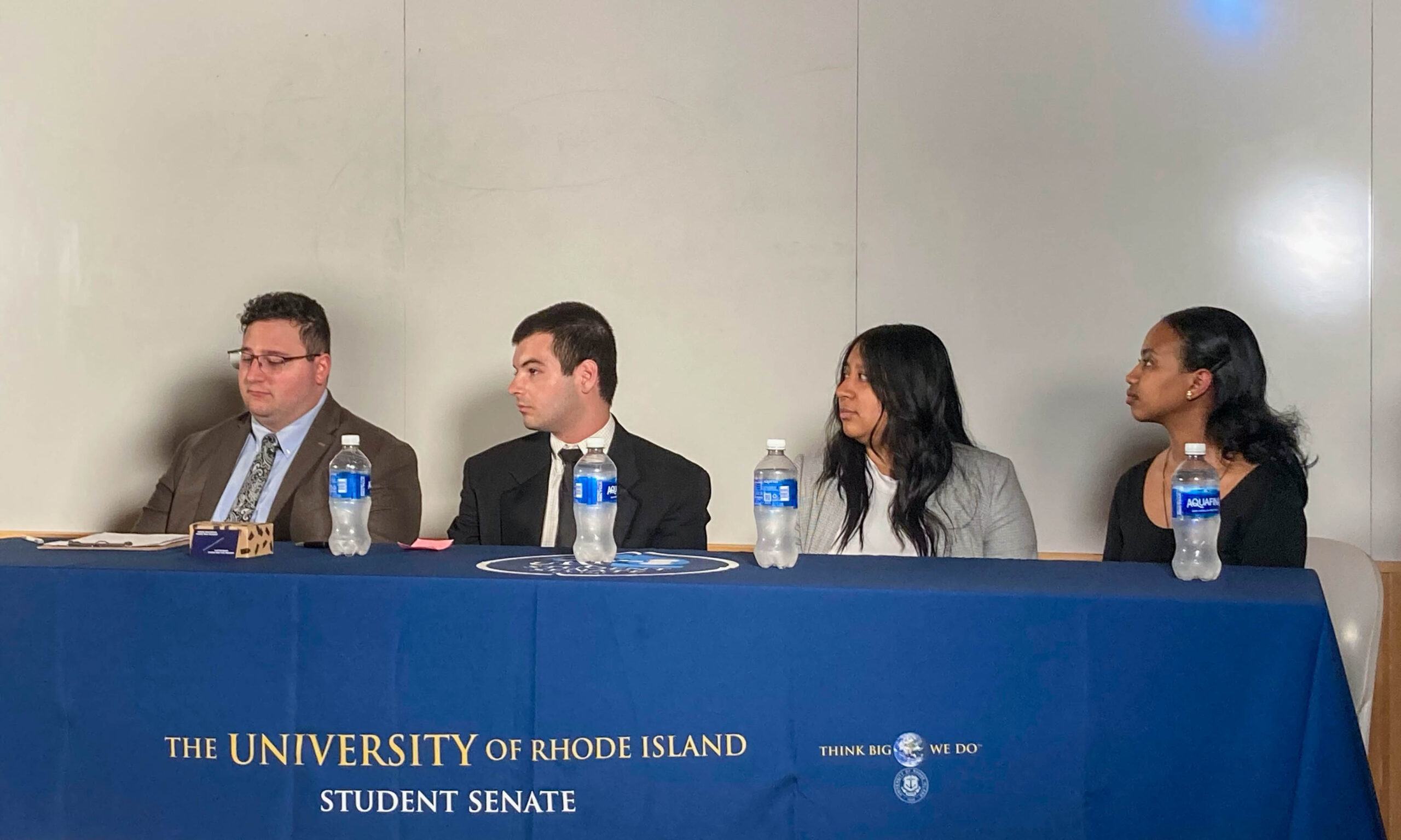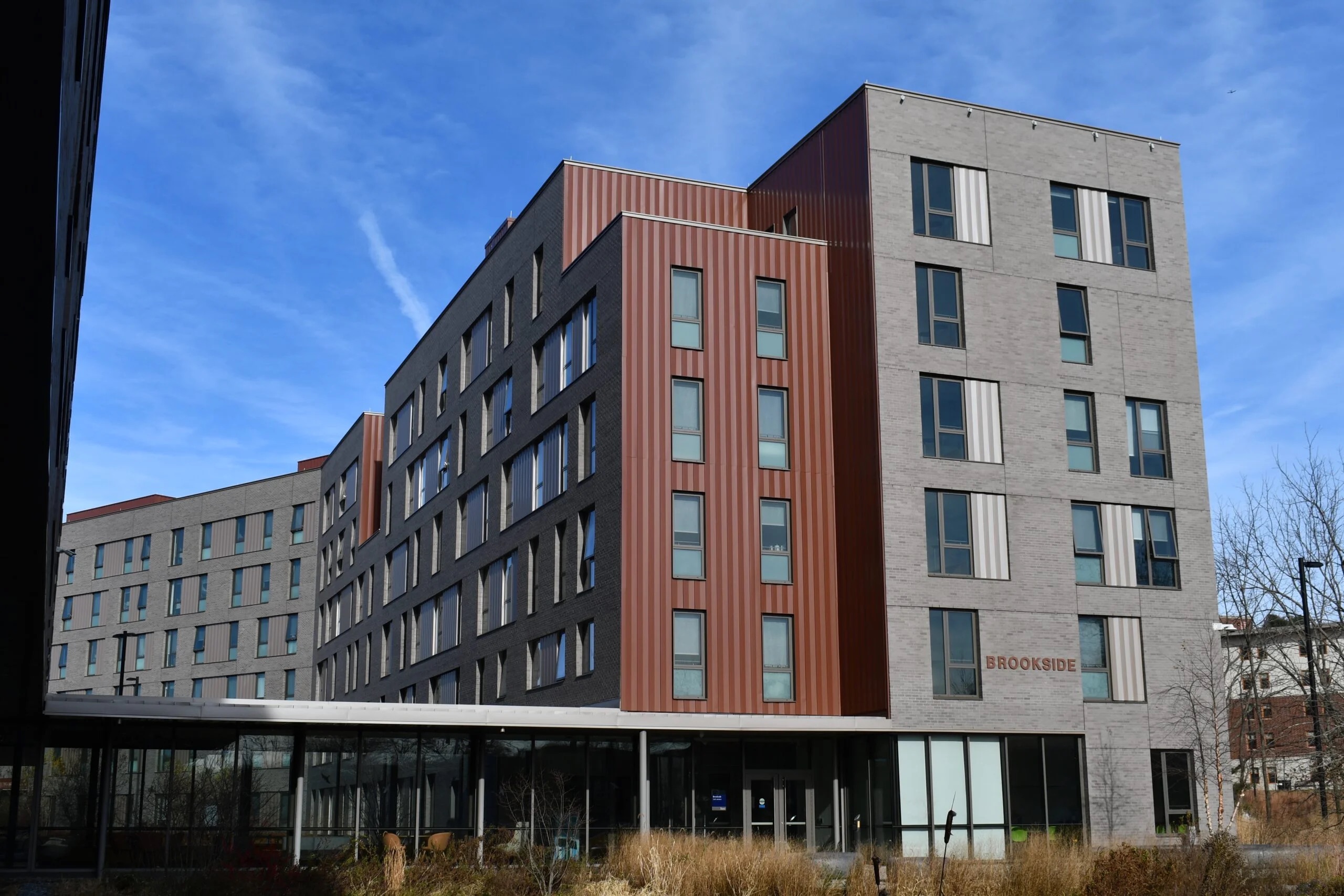As the COVID-19 pandemic continues, the University of Rhode Island has also continued to enforce pandemic protocols.
The University is still offering both polymerase chain reaction (PCR) tests and rapid tests for students in the Memorial Union and in the parking lot across the street from the Potter Building. Health Services is continuing to work with community members to limit the spread of COVID-19.
“Once we are aware of a positive test we contact the individual and see who they have been around,” said Chris Nasin, the medical director of URI Health Services.
According to him, after this, all the people who were in close contact with the individual are informed of the positive case.
Although testing is still available, unlike last year, biweekly testing is no longer required by the University, as the majority of students and faculty are vaccinated. According to Ellen Reynolds, the director of Health Services, it is not formally recommended by the Centers for Disease Control and Prevention that vaccinated individuals get tested. However, it is still encouraged by the University.
Nasin said that so far this semester there have not been a large number of positive COVID-19 cases, with a 0.5 percent positivity rate. He attributed this much lower rate compared to last semester to the number of vaccinated students, saying that unvaccinated students are six to seven times more likely to contract COVID-19 than vaccinated students.
According to Reynolds, 94 percent of students are vaccinated. She applauded students for getting the vaccine as soon as it was available to them.
She noted that vaccinated students do not have to abide by the same rules as unvaccinated students if they are identified as being in close contact with someone who tests positive for COVID-19.
“For an individual who has been vaccinated, those individuals no longer need to be quarantined,” Reynolds said.
If a fully vaccinated person is exposed, they are asked to get tested immediately, then get tested again three to five days later, since the virus usually takes around 48 hours to incubate in the body, but they are not required to stay at home or miss classes.
Unvaccinated students still need to quarantine for a week and will get tested on day five or if they begin to show symptoms.
Nasin said that due to the mask mandate in classes, there have not been many cases traced back to academic settings. The biggest risk of catching the virus comes from large social gatherings, according to him, which have become more common since national and state-wide reopening has begun.
Reynolds said that regardless of mask mandates, students have given positive feedback to being in in-person classes once again.
“I’m hearing from students how much they value being in the classroom, being in sports, being in clubs,” she said.
The Potter Building has non-appointment testing available for students seven days a week. She encouraged anyone with symptoms to get one of these tests, as it is the only way to find out if the symptoms are from COVID-19 or something like the seasonal flu.
Nasin said that with the low positive test rates and the high vaccination rates, he has been impressed with the student body this year.
“I’m really proud of the URI students, as they have been getting tested if they have been exposed or have been identified as a close contact,” Nasin said.



